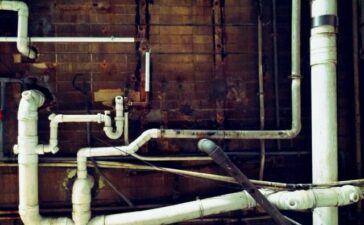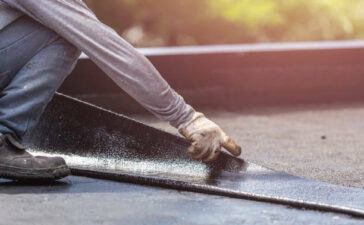The pandemic, which has caused an unprecedented demand for suburban housing, seems to have receded. Nevertheless, many people still want to live in their own private home, interest in real estate remains.
But such an acquisition is a serious and troublesome business. Let’s look at what you need to pay special attention to if you buy houses for cash or in any other way.
If you decide that a private house is exactly what you need and have found suitable options, get ready to view the houses you like. Particular attention should be paid to important aspects: territorial, technical and legal.
Evaluate the location
Check how long it takes to get to work, school, etc. by personal and public transport, especially during peak hours. Find out who your nearest potential neighbors are – getting to know them will help you learn a lot of interesting things about the house itself, its past owners and about life in the area where this house is located before buying.
Roof condition
Conclusions about the condition of the roof can be drawn from the attic. If you see traces of smudges, mold or fungus, then the roof is leaking, and repairs will require a significant investment.
External walls
Cracks on the outer walls of the house can indicate serious defects and further consequences.
Ceilings and floors
The ceiling of the lower floor will tell you about the quality of the floors. If it bends, it’s bad. In the future, the situation will worsen, and the replacement of floors is troublesome and expensive. The floor must be level.
Foundation and basement
Self-assessment of the quality of the foundation is not so easy. An indirect sign of a quality foundation can be the absence of cracks on the walls of the house. Only specialists can give you a more accurate estimate. Inspect the basement – if you notice signs of flooding, most likely the foundation construction technology was violated.
Water supply
Check the pipes for leaks or rust and find out where the water comes from. If from a well or well, take some water for examination. If the water is of poor quality, get ready to invest in a purification system.
Sewerage
Collect a large amount of water, drain it and see how quickly it goes away. Also inspect the pipes – they should not have smudges, streaks and condensate.
Heating system
It is best to check the heating in the cold. But even if the inspection of the house fell on a warm day, ask to turn on the heating boiler and after half an hour check the temperature in the radiators in all rooms of the house. Inspect the boiler itself – we should not have traces of rust, next to it – smudges and puddles.
Electrical system
If there are household appliances in the house at the time of the inspection, ask them to turn on all appliances at the same time. It is important that the network can withstand the load without interruption.
Ventilation
Check the vent holes and make sure they are not clogged. To check the options you like, it is better to come again with a technical specialist for a thorough examination.
Preparing the papers
If you are satisfied with the location and there are no problems with the technical aspects, it’s time for the third and no less important stage – checking documents and all legal nuances. The list of documents for verification is quite large and may vary depending on the type of housing and site.







